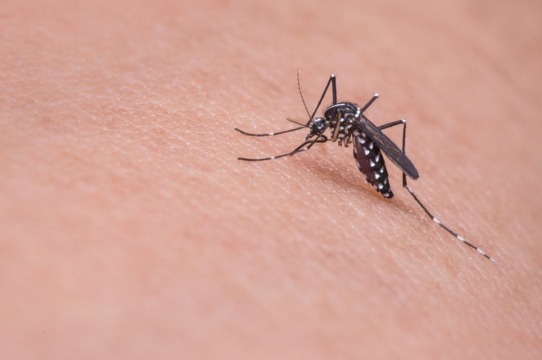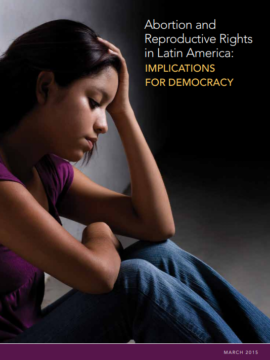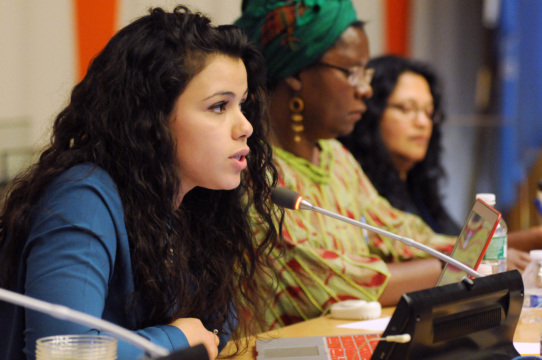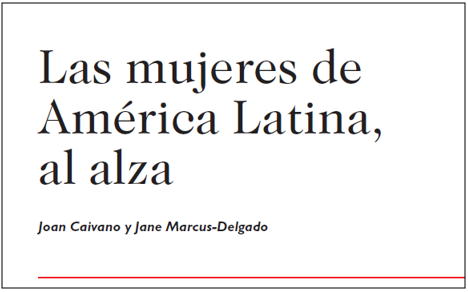
Zika and the Right to Abortion
In Brazil, the possibility of pregnant women with Zika having access to abortion has not entered the public debate.
In Brazil, the possibility of pregnant women with Zika having access to abortion has not entered the public debate.
Latin American countries have some of the most restrictive reproductive health laws and policies in the world, particularly with regard to abortion. In part this stems from not recognizing reproductive freedom as a fundamental human right. However, imposing legal restrictions on abortion does not reduce the likelihood that women will seek this reproductive health service. Instead, harsh laws compel women to risk their lives and health by seeking out unsafe abortions.
How are women faring in Latin America? Where has progress been made and how has that been achieved?
In this report, Joan Caivano from the Inter-American Dialogue and Jane Marcus-Delgado from CUNY analyze Latin American women’s advance into positions of leadership and then highlight areas where important obstacles remain.
On March 8, 2012 the Inter-American Dialogue held an exchange with El Salvador’s first lady and secretary of social inclusion Vanda Pignato—who discussed Ciudad Mujer, the country’s imaginative approach to providing needed services to women.



